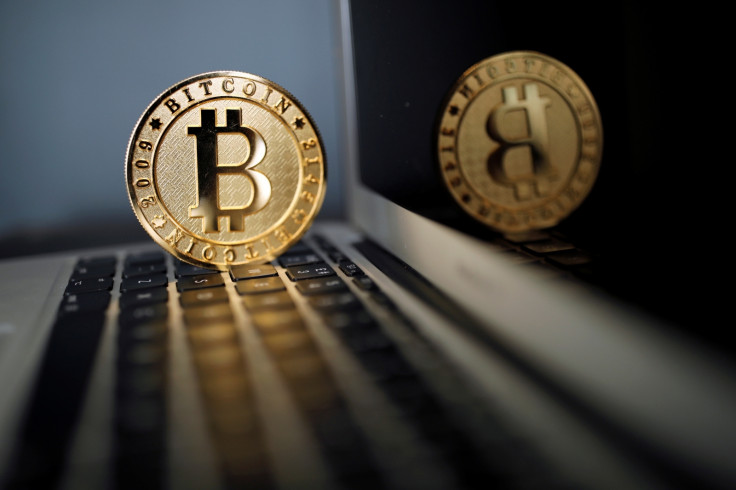What's happening to bitcoin in China? Markets close as Beijing plans total trading ban
BTC China, Huobi and OKCoin shut as authorities mull over "comprehensive" crackdown.

Some of the biggest Chinese bitcoin exchanges are feeling the heat following the People's Bank of China's 4 September announcement which put an end to initial coin offerings (ICOs) in the country, with authorities now branding them an illegal form of fundraising.
Following the news, three of the largest exchanges - BTC China, Huobi and OKCoin – separately stated that they would cease local commercial trading by the end of October. Two of those, it seems, have now brought that date forward and are already restricting transactions.
According to Quartz, Huobi and OKCoin released statements on Saturday 16 September which said they would halt some trading services immediately.
The platforms added that some "crypto-asset services" would remain in place but did not elaborate further.
Citing a report in the Beijing News on Monday (18 September), the publication said that executives from Huobi and OKCoin have since been told not to leave Beijing to ensure they are able to cooperate with a government investigation into the markets.
Amid news of the imminent closures – and rising speculation of incoming government action – the value of bitcoin fell more than 20%, but it has since stabilised.
The Chinese government's plan has not been publicly released, but reports are now surfacing indicating that the situation in Beijing is about to escalate.
The Wall Street Journal (WSJ) reported Monday (18 September) that authorities are set to announce a "comprehensive ban" on channels used to trade bitcoin.
A document reportedly obtained from a closed-door regulatory briefing on Friday (15 September) included plans to force all Beijing crypto exchanges to shut down and hand over bank account information about their clients by Wednesday (20 September), the WSJ added.
It now appears that an unprecedented ban will extend further than commercial trading, and may even mean that foreign exchanges - like Coinbase and Bitfinex - will also be blocked. In any case, the majority of trading has already moved out of China and into Japan.
CryptoCompare, a value comparison website, noted the changes on its website. Japan now accounts for more than 50% of all bitcoin trading, statistics indicate, with China at just over 10%. At around mid-day on Sunday (17 September), the percentage was even lower than that. Those figures will quickly change, as value fluctuates minute-to-minute.
CryptoCompare shows that Japan accounts for over 50% of all #bitcoin trades. Chinese traders have already moved to Japan. China less than 7% pic.twitter.com/t7YRaL5jv3
— Joseph Young (@iamjosephyoung) September 17, 2017
"It's still unclear whether there is a full permanent outright ban in China," Charles Hayter, the CEO and founder of CryptoCompare told IBTimes UK.
"Earlier in the year the market was bullish whilst the Chinese exchanges were facing regulatory implementation and Japan picked up the slack," he continued. "The market is moving on and realising the price drama was excessive and overdone."
Digital currency like Bitcoin is decentralised by default and does not need a central bank or government to operate. Transactions – built upon a technology known as the blockchain – are given a layer of anonymity which some authorities complain is wide open to abuse.
John McAfee, the cybersecurity pioneer who is now investing heavily in cryptocurrencies, made his stance well known on Twitter. On 15 September, he proclaimed: "Heading to India until the China war with cryptocurrencies is over. Heading to India, China is done!"
Yet even in the face of widespread speculation, uncertaintly and doubt, at the time of publication the trading value of bitcoin had appeared to slightly bounce back:
#Bitcoin back >$4k despite #China widens bitcoin crackdown beyond commercial trading. pic.twitter.com/unLSRCr6Em
— Holger Zschaepitz (@Schuldensuehner) September 18, 2017
© Copyright IBTimes 2024. All rights reserved.






